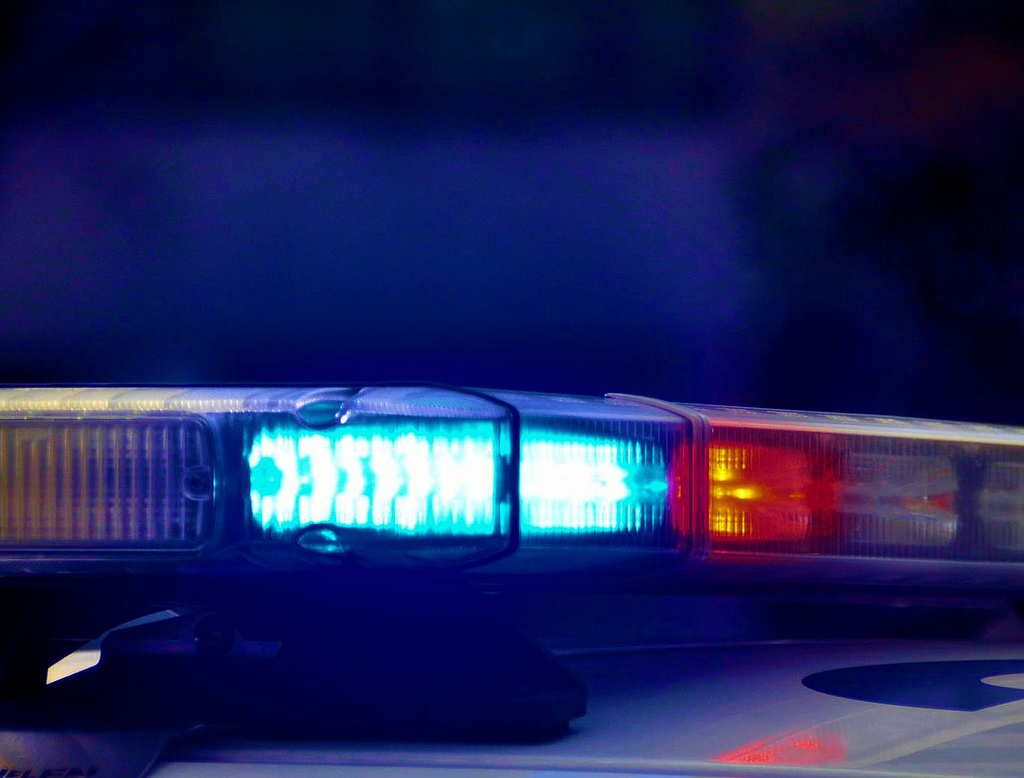The Senate passed several bills Wednesday, including one designed to ban TikTok from government devices.
With Sen. Charles Trump, R-Morgan, presiding, the Senate passed several bills Wednesday, including Senate Bill 426, which allows the state’s chief information security officer to establish standards for, and ultimately block or ban, access to technological services, apps, programs or products on government devices.
Sen. Ryan Weld, R-Brook, made it clear on the floor that the bill, which originated from the executive, had one particular app in mind.
“This bill comes to us as a result of, I’m sure a lot of you are familiar with discussions regarding TikTok,” Weld said. “TikTok, as we all know, is the very popular social media platform, video sharing platform, that is owned by a Chinese tech conglomerate, ByteDance. It has been in the news recently, the federal government enacted a ban of TikTok on all of its systems due to privacy concerns, concerns that the app collects much more data than is needed for its intended purpose.”
An amendment to the bill introduced and passed on the Senate floor Tuesday would create exceptions for law enforcement purposes.
Also passed on third reading Wednesday were:
- Senate Bill 188, the Grid Stabilization and Security Act of 2023, would encourage the development and implementation of natural gas electric generation projects. Sen. Laura Chapman, R-Ohio, Sen. Randy Smith, R-Tucker, and Sen. Rupie Phillips, R-Logan, voted against the bill.
- Senate Bill 240 would require state board of examination or registration proceedings to be open to public inspection
These three bills now go to the House of Delegates for their consideration.
The Senate also took action on Senate Bill 128, amending the House amendment to the bill and passing the bill, with Sen. Smith voting against. The bill, which implements limitations on the governor or legislature’s ability to declare a state of emergency, now awaits the Senate’s request that the House concur on today’s changes.
To The Executive
The Senate also completed legislative action on three bills, including:
- House Bill 2506. The bill allows the Department of Motor Vehicles to take advantage of modern advances in secure digital titles for property to create a title clearinghouse to produce titles for nonresidential businesses.
Constitutional rules were suspended to pass the bill the same day it was introduced.
- House Bill 2029 repeals the creation of an all-payer claims database by removing the original authority provided to the Department of Health and Human Resources.
- House Bill 2018 permits the managed care case coordinator to attend the multidisciplinary team meeting. Under West Virginia code, a multidisciplinary team must be convened within thirty days of the initiation of a judicial proceeding to assess, plan and implement a comprehensive, individualized service plan for children who are victims of abuse or neglect and their families.
- Senate Bill 132 clarifies the criminal offense of harassment to include stalking as a form of harassment.
